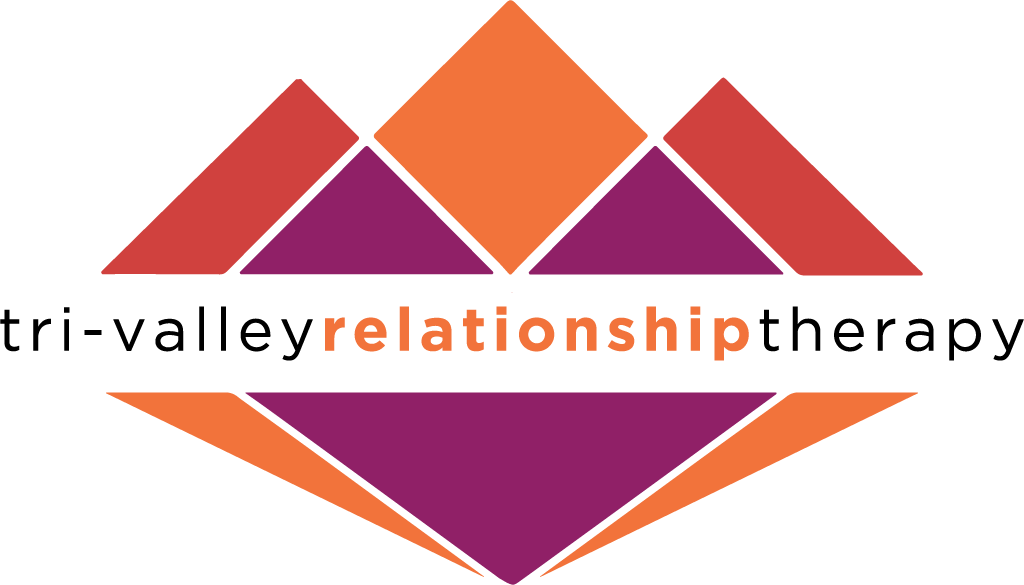The Wave-Island Dynamic- Attachment Based Couples Counseling
Conflicting attachment styles can cause endless conflict in a relationship. Attachment based couples therapy & marriage counseling at Tri-Valley Relationship Therapy, Inc. can help couples navigate differences.
Wave, Island or Anchor
In the last blog article, I discussed three unique ways of relating or attachment styles- wave (anxious), island (avoidant) and anchor (secure). In this article, I want to give readers a glimpse into the possible issues that might arise in a wave-island relationship and illustrate the problematic dynamicthat dominates most wave-island marriages or relationships.
For simplicity, I am using a hypothetical couple as an example to explain the dynamic. In my couples’ therapy practice, I routinely see wave-island couples and this couple is a vivid representation of the problems that manifest in a wave-island dynamic.
Susan and Henry have been together for 5 years and have been married for 3 years. They have been engaged in an ongoing dispute about the amount of time they spend with each other. Henry has a very stressful job and his way of unwinding at the end of the day is to play a few video games or watch videos on the internet. Susan, on the other hand, has an equally demanding job but each day she looks forward to returning home and spending time with Henry. Usually, Susan gets home before Henry and when he walks in, he goes straight to the couch and gets immersed in watching a video or playing a game. If Susan attempts to engage him about his day or share details about her day, Henry gets upset. On the weekends, Henry goes on long hikes and walks- something that Susan does not enjoy and the couple does not allocate sufficient time for each other. As a result, Susan feels alone and often wonders if Henry is having an affair because he does not seem to show interest in being close to her. Henry feels smothered and suffocated by Susan’s demands for spending time together.
From an attachment style point of view...
Susan seems to have more of the wave or anxious attachment style and Henry appears to be an island or avoidant in his way of relating to his partner. Susan’s attachment style is predisposed towards seeking closeness to her partner. Henry’s avoidant attachment style primes him to make every attempt to distance or separate himself from his partner. It is a vicious cycle because the closer Susan wants to get to Henry, the farther he wants to go from her.
The problematic dynamic of Susan & Henry:
It's a roller-coaster-
Henry perceives Susan’s attempts to get close as a threat which makes him distance himself even more.
Emotional disparity-
By asserting his independence, Henry boosts his self-esteem while Susan’s self-esteem takes a nose dive after being rejected by Henry repeatedly.
Underlying uncertainty-
Despite the length of the relationship or depth of the investment into the partnership, there is an underlying sense of uncertainty.
Intimacy issues-
Most fights between the couple are centered on intimacy- Susan wants more, Henry thinks they have enough.
Feeling trapped-
Both partners feel too emotionally connected to one another and are unable to leave the relationship.
Spill-over effect-
Fights over intimacy and time spent with each other has a spill-over effect and other areas of the relationship are impacted. Susan feels compelled to comply with Henry’s rules for intimacy and finds herself making repeated concessions. Conflict remains unresolved because resolving it might result in too much intimacy for Henry. With each argument that Susan has to give in, she starts to lose more ground and her anxiety becomes overwhelming.
What one remembers, the other doesn't-
Susan’s attachment style predisposes her to get overwhelmed with negative emotions when she is upset. However, when she calms down, she only remembers the positive attributes of the relationship and begins to feel regret for the conflict. Henry, on the other hand, ignores all of the good memories and only focuses on the negative parts of the relationship. As a result, Susan’s attempts to return to the “business-as-usual” albeit unsatisfactory state of their relationship are rejected by Henry and she finds herself in a much worse position.
In the next blog article, I will discuss tips and strategies that can help couples like Susan & Henry break free from their problematic dynamic in their wave-island or anxious-avoidant relationship.
Written by: Nagma V. Clark, Ph.D., L.P.C.C. specializing in sex therapy, couples therapy & marriage counseling, premarital counseling, individual relationship therapy & LGBTQQI couples counseling at Tri-Valley Relationship Therapy, Inc. in the East Bay, in Dublin & Oakland.
If you and your partner would like to learn more about each other’s attachment styles & how they impact your relationship, couples/marriage counseling at Tri-Valley Relationship Therapy, Inc. in the East Bay can help. Dr. Clark utilizes the Psychobiological Approach to Couples Therapy (PACT) principles to help couples recognize each other’s unique attachment needs & learn how to meet those needs in order to move towards a secure functioning relationship.
Call 925-400-3541 or email doctor.nvclark@gmail.com to schedule a free 30 minute phone consult or fill out the contact form and you will be contacted within 12-24 hours.

